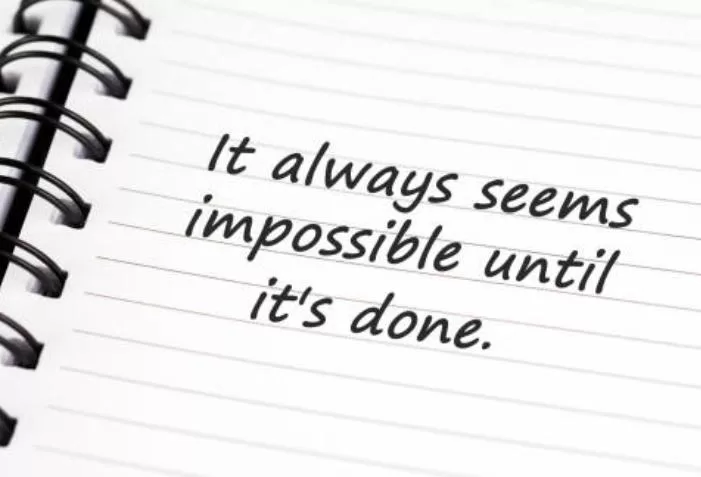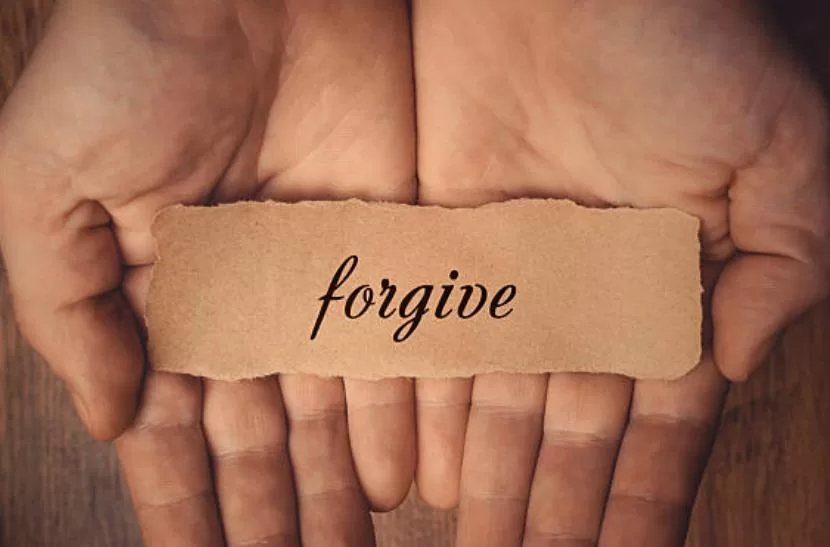How Can I Use Self-Love To Overcome Addiction or Harmful Habits
Learn how to use self-love in breaking free from addictions.

Selfpause Affirmation App
Download the app to get 1,000’s of affirmation meditations and everything you need to write, record and listen to your own.
It can be challenging to break destructive behaviors and addictions, but learning to love and care for oneself via self-care practices can be an effective aid on the road to recovery. Self-love necessitates having a compassionate and respectful attitude toward oneself at all times. It involves making your own health a top priority and attending to your body, mind, and spirit in the same manner as you would a loved one. In this piece, we will discuss how developing a healthy relationship with oneself can assist one in breaking free from destructive behaviors and addictions.
Understand the Value of Loving Yourself First and Foremost

Recognizing the significance of self-love as a tool for kicking destructive behaviors or addictions is the initial step in the process. Self-love exercises can assist you in creating a more favorable image of yourself, boosting your self-esteem, and lowering your stress and anxiety levels. It may also assist you in making decisions that are better for your health and in coping with challenging feelings in a manner that is more constructive.
Identify Triggers
In order to break dangerous behaviors or addictions, one of the most critical steps is to recognize the triggers that set them off. Situations, relationships, or feelings can act as triggers, causing an individual to experience cravings or even to relapse. You will be better able to avoid your triggers or deal with them in a healthy manner if you first identify them.
Putting Mindfulness into Practice

The practice of mindfulness entails paying attention to one’s thoughts, feelings, and one’s environment without passing judgment on what one sees, hears, or experiences in that moment. Mindfulness training can assist you in becoming more aware of your triggers and in learning how to manage them in a way that is good for you. You may also find that you gain a deeper feeling of self-compassion and self-awareness as a result of doing this.
Create a Network of Support for Yourself
Creating a network of people to lean on is one of the most important steps in recovering from an addiction or breaking detrimental habits. Anyone from your family, friends, support groups, or even a therapist could fall into this category. Your ability to heal can be greatly aided by the presence of individuals in your life who are able to empathize with what you are going through and provide you with encouragement and support.
Establish Objectives That Can Be Accomplished

While embarking on a road toward self-improvement, it is essential to set goals that are both attainable and challenging. When it comes to kicking a bad habit or addiction, creating modest objectives that are within your reach will help you maintain your motivation and bolster your self-assurance. It can also be helpful to stay on track to celebrate your victories, regardless of how big or tiny they may be.
Take care of your own needs.
Self-love necessitates the development of healthy habits, one of which is the practice of self-care. This can include things like getting an adequate amount of sleep, maintaining a healthy diet, working out on a regular basis, and participating in pursuits that bring you joy and a sense of accomplishment. Taking care of yourself mentally, physically, and emotionally can help you develop resilience and enhance your overall well-being. Taking care of yourself can help you improve your overall well-being.
Give Yourself Pardon.

The act of forgiving oneself is an essential component of the practice of self-love. Those who are battling an addiction or other detrimental habit frequently experience feelings of guilt and shame as a result of their conduct. It is essential to keep in mind that addiction is a disease and that relapsing is a typical occurrence during the process of recovery from addiction. You can help yourself remain optimistic and motivated by forgiving yourself for mistakes you’ve made in the past and concentrating on moving forward.
Exercise Kindness for Yourself
Self-compassion refers to the practice of treating oneself with the same degree of concern, kindness, and understanding as one would offer to a trusted friend. It requires admitting the challenges you face and accepting all aspects of who you are, including your imperfections. Self-compassion is a practice that can assist individuals in overcoming feelings of shame, remorse, and self-criticism, all of which have the potential to act as triggers for addiction and other unhealthy behaviors.
Learn some healthy ways to deal with the stress.

It is essential to find positive ways to deal with stressful situations in order to break unhealthy behaviors or addictions. The tactics that you employ in order to manage challenging feelings or circumstances are referred to as coping mechanisms. Exercising, meditating, keeping a journal, or spending time with friends or family are all examples of healthy ways to deal with stressful situations. One of the most significant aspects of your recuperation may consist of locating hobbies that you take pleasure in and which facilitate the appropriate management of stress.
Enjoy the Fruits of Your Labor
In conclusion, an essential component of cultivating self-love is the habit of enjoying one’s own advancements. The process of recovery is a journey, and it is vitally important to recognize and honor the progress that you make along the route. Celebrating your accomplishments along the way will help you remain motivated and create confidence in both yourself and your ability to break dangerous behaviors or addictions.
In conclusion, the act of loving oneself via the practice of self-compassion can be a potent weapon in the fight against destructive behaviors such as addiction. It entails giving oneself kindness, compassion, and respect, as well as putting your own well-being at the forefront of your priorities. You can take significant steps toward recovery and a healthier, happier life by acknowledging the significance of self-love, recognizing triggers, engaging in mindfulness practices, developing a support system, developing healthy coping mechanisms, setting achievable goals, practicing self-care, forgiving yourself, engaging in self-compassion practices, finding healthy coping mechanisms, and celebrating your progress. Keep in mind that rehabilitation is a process that can take a long time, and that it is perfectly acceptable to seek for assistance and to take things one step at a time. You may beat addiction or destructive behaviors and live a life that is rewarding and full of joy if you have love and support for yourself.
